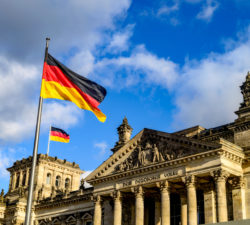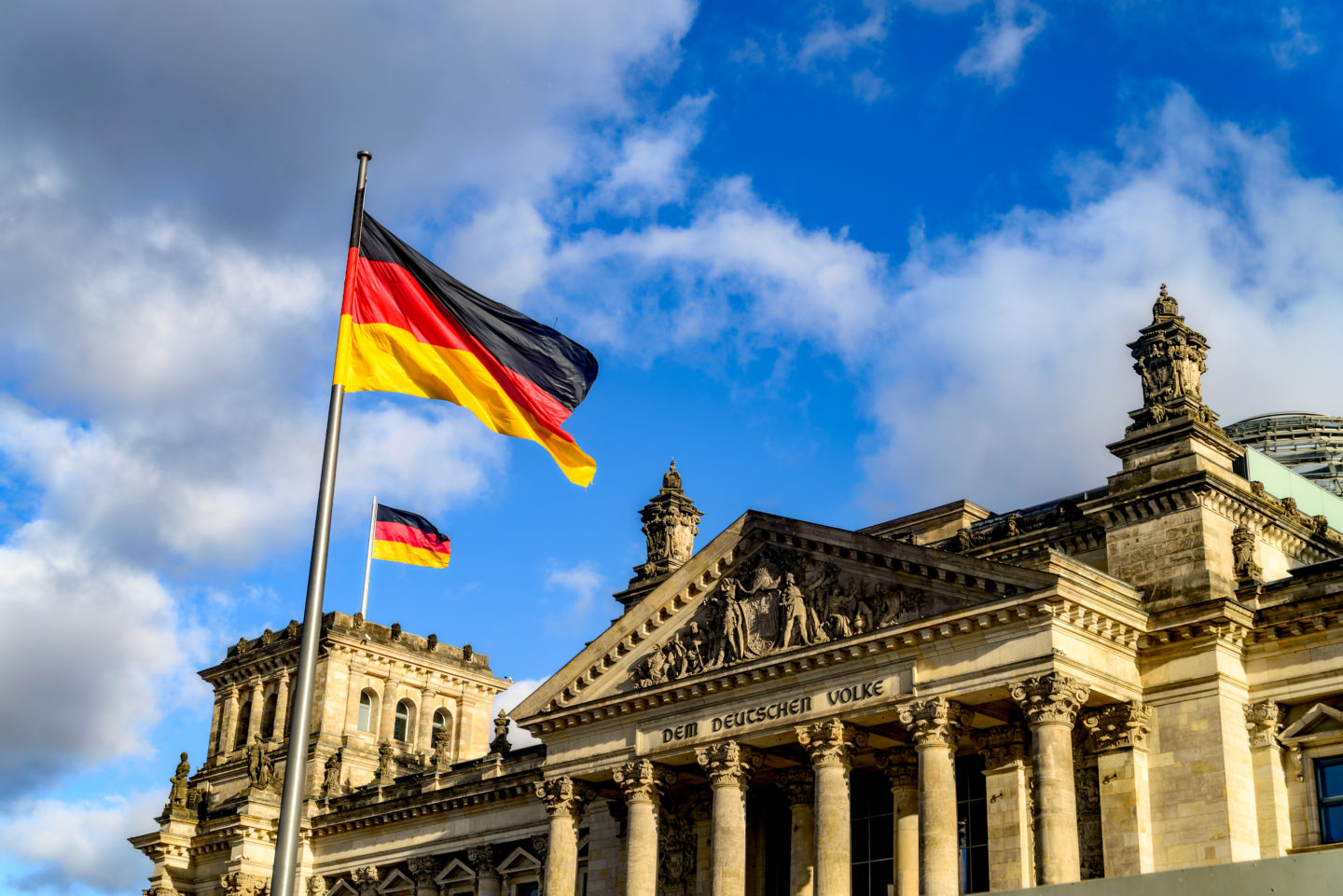Merkel made mistakes but she was a rock of stability in turbulent times, and the good news is that her legacy of German stolidity is likely to continue.
Since Otto von Bismarck, nobody has ruled Germany longer than Angela Merkel or Helmut Kohl. The prince is remembered as the first unifier of Germany, who pounded 25 states and statelets into the new Reich with “blood and iron” in 1871. Kohl entered history as the father of Unification 2.0 in 1990. Not a shot was fired.
Kohl’s achievement looms even larger when comparing his achievement with Bismarck’s. When Bismarck left the stage in 1890, the Wilhelmine Empire – too big for Europe, too small to dominate it – began to slither into the Great War by challenging Britain, France and Russia, uniting them against this fearsome upstart.
So, Kohl did better than Bismarck. His Germany did not turn into the “Fourth Reich” as so many imagined 30 years ago. Instead, it was peace über alles, with Germany submerging itself in…


